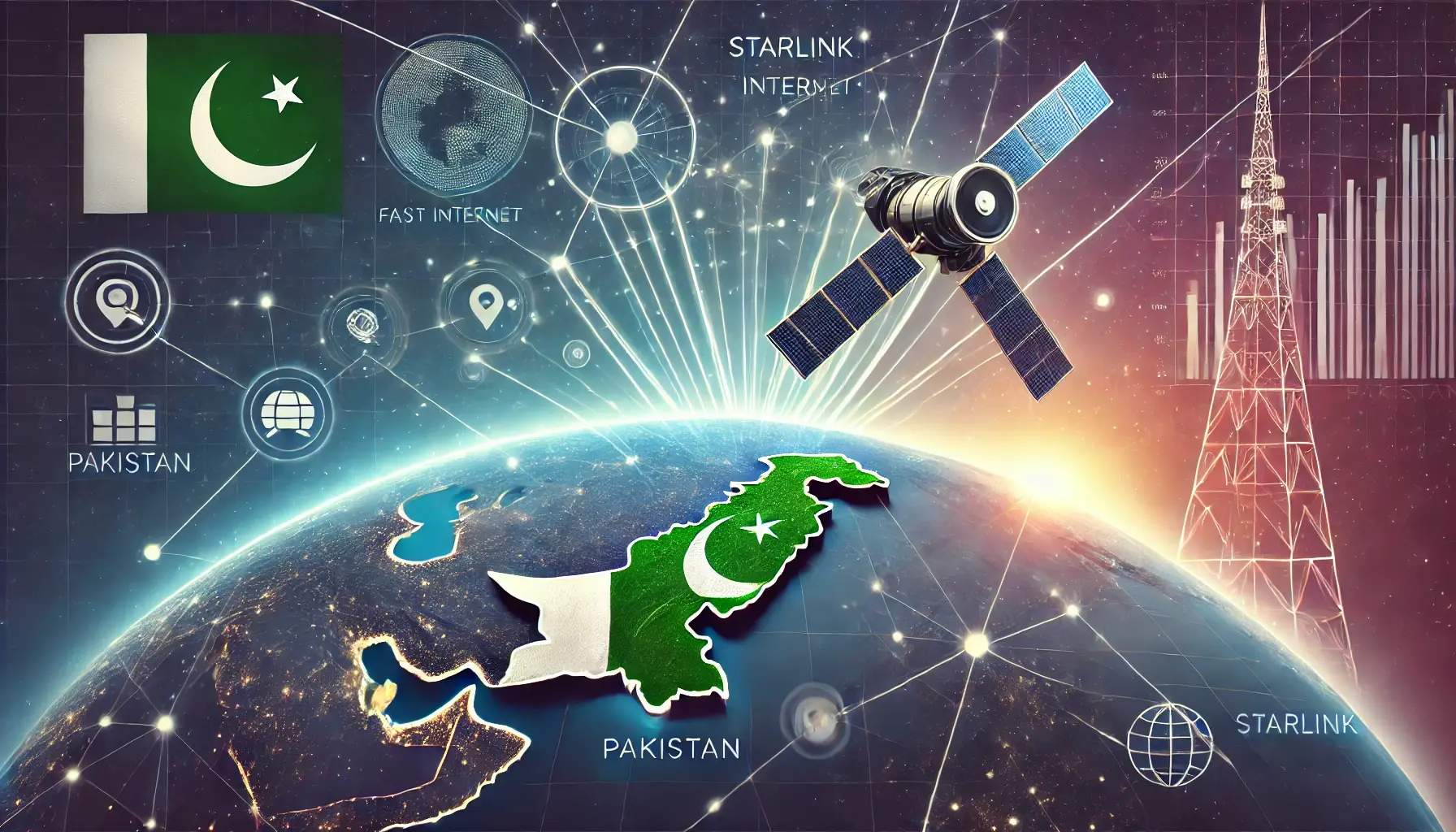Automation and artificial intelligence Technology is redefining the planet of technology by streamlining processes, increasing potency, and revolutionizing industries. From producing to tending, this pair drives innovation and transforms; however, we tend to live and work. This weblog delves into the importance of Automation and artificial intelligence, their impact on varied sectors, and, therefore, the way forward for this dynamic field.
What Is Automation and Artificial Intelligence Technology?
Automation exploits systems and machines to perform tasks with the lowest human intervention. Conversely, artificial intelligence focuses on developing, building, and exploiting robots to automatize complicated processes. Together, they form a robust combination that’s reshaping industries worldwide.
Key Industries leverage Automation and artificial intelligence Technology
Manufacturing
The production sector has seen outstanding advancements in Automation and artificial intelligence. Robotic arms, conveyor belts, and automatic internal control systems have reduced errors and increased productivity. For example, automotive assembly lines rely heavily on robots for preciseness tasks.
Healthcare
Automation and artificial intelligence have revolutionized tending with robotic surgeries, automatic diagnostic tools, and AI-driven patient care systems. These innovations improve accuracy, reduce recovery time, and enhance patient outcomes.
Agriculture
Smart farming is another space that edges from Automation and artificial intelligence technology. Automatic tractors, irrigation systems, and drones monitor crop health and boost yield while minimizing toil.
Retail and E-commerce
Automated checkout systems and robotic warehouses have reworked retail expertise. Corporations like Amazon use robots to type, package, and deliver products quicker than ever.
Benefits of Automation and Artificial Intelligence Technology
Increased potency
Automation accelerates processes, permitting industries to realize much in less time.
Cost Reduction
Though initial investments could also be high, Automation reduces long operational prices.
Enhanced Accuracy
Robots perform repetitive tasks with preciseness, minimizing human errors.
Safety
Automated systems typically handle dangerous tasks, ensuring a safer work setting.
Innovation Opportunities
Integrating AI and machine learning with artificial intelligence opens new doors for innovation.
Challenges in Automation and artificial intelligence Technology
Despite its edges, Automation and artificial intelligence technology face challenges such as:
High Initial prices
Developing and implementing these systems needs substantial investment.
Job Displacement
Automation might cut back the necessity for specific jobs requiring hand reskilling.
Complexity of Implementation
Integrating artificial intelligence into existing systems will be technically challenging.
Ethical issues
The use of AI-driven robots raises questions about privacy and decision-making.
The Future of Automation and Artificial Intelligence Technology
The future of Automation and artificial intelligence technology is promising. AI, machine learning, and IoT innovations are expected to form a lot of intelligent and adjustable robots. Industries like house exploration, autonomous vehicles, and good cities are set to profit vastly.
For example, autonomous cars have become a reality, reducing road accidents and easing holdups. Robots aid in-house exploration and planetary exploration, making human missions safer and more economical.
Tips for grasping Automation and artificial intelligence
Stay Updated
Keep track of the most recent advancements in Automation and artificial intelligence.
Invest in coaching
Up skill yourself or your hands to remain relevant in a very technology-driven world.
Collaborate with specialists
Work with professionals to integrate Automation into your business expeditiously.
Start tiny
Begin with minor automation tasks and, step by step, expand too many complicated processes.
New Frontiers of Automation and AI Technology
As we still explore the combination of automation and AI across numerous industries, new horizons are continually rising, pushing the boundaries of what we tend to think once doable. This section dives deeper into some of the latest applications that area units are shaping in the long term of those technologies.
Robotic method Automation (RPA) in Business Operations
One of the foremost promising developments in business operations is Robotic method Automation (RPA). RPA automates routine body tasks, releasing human employees to concentrate on additional advanced, strategic roles. RPA is especially effective in finance, insurance, and human resources, where tasks like information entry, invoice process, and claims management are often machine-driven. This shift ends up in improved productivity, reduced prices, and higher accuracy in operations.
For example, several money establishments and area units currently mistreat RPA to automate compliance observance and news, reducing the danger of human error and conjointly quickening decision-making processes. In the future, businesses will expect RPA to become additionally integrated with AI, permitting even more advanced decision-making capabilities in real-time.
The Role of AI in Disaster Response
Automation and AI technology are progressively being used in disaster relief efforts, wherever human safety is paramount and conditions are usually too dangerous for manual intervention. Robots are often deployed in risky environments to search for survivors, assess structural harm, and even deliver essential supplies.
For instance, drones equipped with thermal imaging cameras are already being used to find survivors in folded buildings after earthquakes. Robots designed for underwater exploration are instrumental in oil spill cleanups, whereas autonomous vehicles are being developed for rescue missions in extreme conditions, like floods or forest fires.
This application of AI does not solely save human lives; it conjointly enhances the potency of response efforts, providing a quicker and more reliable answer at crucial moments.
Automation in client Service: Chatbots and AI Assistants
The client industry is undergoing a metamorphosis due to the ability of automation and AI. Chatbots and AI-driven assistants are becoming progressively more subtle in understanding and responding to client queries, providing 24/7 support. These AI-powered systems will handle basic client service inquiries, like responsive, commonly asked queries, process orders, troubleshooting problems, and delivering personalized experiences.
As AI continues to evolve, we can expect these systems to be even more intuitive, ready to perceive advanced client requests and supply additional correct solutions. Some businesses have even begun using AI to predict client behaviour and preferences, sanctioning them to supply tailored recommendations that are very similar to what streaming services do with picture or music suggestions.
Robotics In-house Exploration
Space exploration is another frontier that is seeing significant breakthroughs in automation and AI. whereas humans have forever been the first agents in house exploration, robots enjoy an integral role in exploring distant planets, moons, and asteroids.
Robotic rovers like NASA’s Perseverance and Curiosity area unit are equipped with advanced AI and sensors to research soil samples, capture high-resolution pictures, and even collect information on potential signs of life. These robots give priceless insights concerning extraterrestrials environments while reducing the risks related to human-house missions.
In the future, we could even see robots building structures on the Moon or Mars in preparation for human colonization, making spaceflight safer and more economical.
How Automation and AI Technology Is Shaping Employment
While automation and AI create tremendous edges, they conjointly introduce new challenges, significantly within the workforce. Many worry that automation can cause job losses as robots and AI systems take over repetitive and manual tasks. However, this shift doesn’t essentially equate to a widespread state. Instead, it highlights the importance of upskilling and reskilling employees for the roles of the longer term.
For example, as robots take over mechanical system jobs, there’ll be an Associate in Nursing exaggerated demand for people. The UN agency will style, maintain, and operate these machines. Jobs in AI engineering, AI programming, and automation system management are already increasing. Moreover, industries like health care, education, and recreation area units are witnessing the creation of entirely new roles due to the technological advances in automation and AI.
Thus, whereas the employment landscape could shift, it conjointly opens the door to new opportunities. Ability and continuous learning are vital in ensuring employees stay relevant and competitive in a technology-driven world.
Automation in Property Development
Property development is another crucial space where automation and AI technology are making a significant impact. Because the world faces pressing environmental problems, like temperature change and resource depletion, automation and AI area units provide innovative solutions to tackle these challenges.
For example, autonomous drones are used to plant trees in deforested areas, reducing the price and time related to manual reclamation efforts. Similarly, robots designed for waste sorting and utilization area units enhance the potency of waste management processes, reducing the number of utile materials in landfills.
Additionally, automation is being applied in renewable energy industries, where robotic systems are accustomed to monitoring solar panels, wind turbines, and other renewable energy infrastructure to ensure they operate at optimum power. These applications facilitate reducing carbon footprints and supporting international property efforts.
Conclusion: The unstoppable Rise of Automation and AI Technology
Automation and AI Technology integration is, without doubt, reworking industries worldwide. From enhancing business operations to revolutionizing health care, agriculture, and house exploration, the longer term of those technologies is stuffed with infinite prospects. Whereas challenges like job displacement and moral considerations should be self-addressed, the advantages of automation way outweigh the drawbacks.
As we tend to initiate still and evolve, industries, governments, and people must embrace the advancements in automation and AI. With correct investment in coaching, research, and moral practices, we can harness the ability of those technologies to make a wiser, safer, and additional property world for generations to return.
By desegregation automation into numerous sides of society and business, we tend to be not just adapting to a technological shift but actively shaping humanity’s longer term. Automation and AI Technology aren’t simply the future—it is that the gift and its potential are limitless.
Another Amazing Blog: Physical Fitness a key to a Healthier and Happier Life








Leave feedback about this